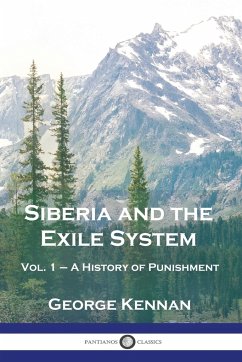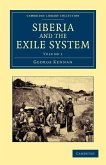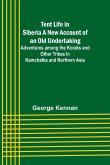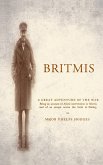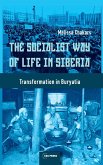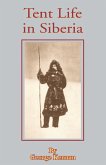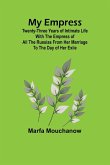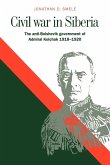George Kennan was an American journalist and adventurer, who traveled to Siberia in the late 1800s to investigate how Russian criminals and dissidents were punished with exile to remote lands. By the time Kennan traversed the Siberian countryside, villages and towns, Russia's exile system had existed for several decades. His researches demonstrate how common the use of exile as punishment was in Russia; some were exiled due to serious crimes, while others were sent to Siberia for petty offences, or for expressing political opinions. Various intellectuals and creatively talented persons such as the author Dostoyevsky and the philosopher Pyotr Kropotkin spent time in Siberian exile. The remote country of Siberia is depicted as both beautiful and merciless; many convicts suffered immensely in dreadful conditions, struggling with hunger and cold. The climate was frequently harsh and residences commonly squalid or even ramshackle. Despite the often dire circumstances, a culture arose among the exiles; many - especially the politically inclined - were educated and cultured, and would hold impromptu debates upon various subjects. Kennan also examines the native populations such as the Cossacks in great detail, alongside settlements such as Omsk, Tomsk and Pavlodar.

